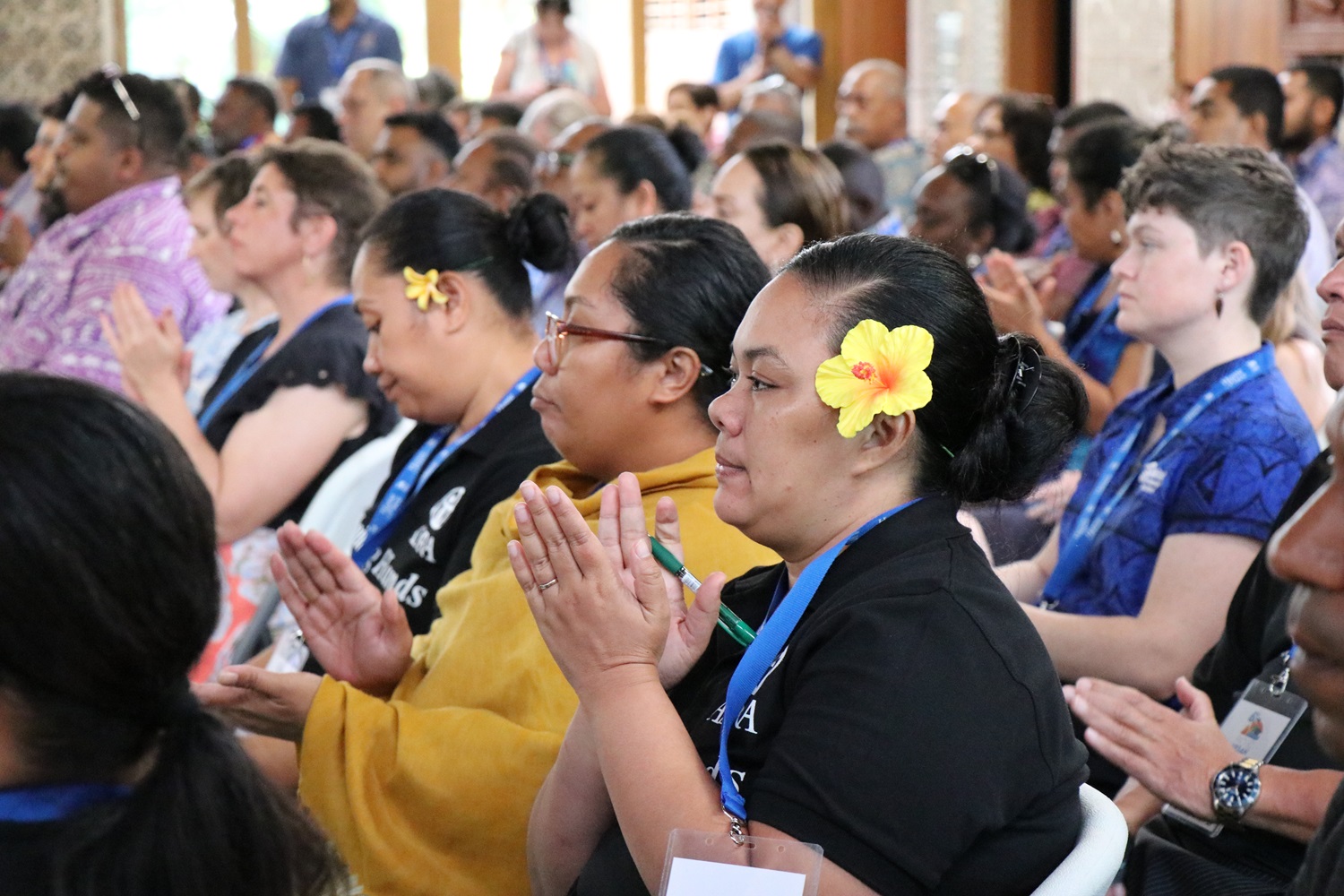
Partnerships
Importance of Partnerships
UN-Habitat strives to establish and strengthen strategic relationships with a diverse range of partners at national, regional and international level, including political actors, civil society, professional organizations, and the private sector to work towards a better urban future for everyone.
Having at its disposal a number of unique networks with access to governments, academia, the research community, cities, civil society, including grassroots organizations and being the recognized focal point for local governments in the UN system, UN-Habitat aims to ensure coherence of development efforts as well as innovative, multi-partner mechanisms at global, regional, and country levels.
Types of Partnerships
By building better partnerships with all stakeholders at large, we will be able to solve problems that cannot be solved by the central government alone.
Read more about UN-Habitat partnerships.
- ・Central government (National)
- ・Local government
- ・Private organizations and companies
- ・Members of Parliament
- ・NGOs
- ・Local community organizations
- ・Women's organizations
- ・Media
- ・UN agencies
- ・Academic societies
Partners in Japan
- Ministry of Foreign Affairs of Japan
- Ministry of Land, Infrastructure, Transport and Tourism
- Ministry of the Environment
- Fukuoka Prefecture
- Fukuoka City
- Cooperating Committee of the UN-Habitat Fukuoka Office
- Japan International Cooperation Agency (JICA)
- (Institute for Global Environmental Strategies (IGES)
- Habitat Fukuoka Citizen's Net
- Japan Habitat Association
- Fukuoka Habitat Institute
- T&S Inc., Ashitane-Project ASHITANE SEEDS FOR TOMORROW
- Fukuoka Regional Strategy Council - Fukuoka D.C.
- Kyushu Sangyo University





